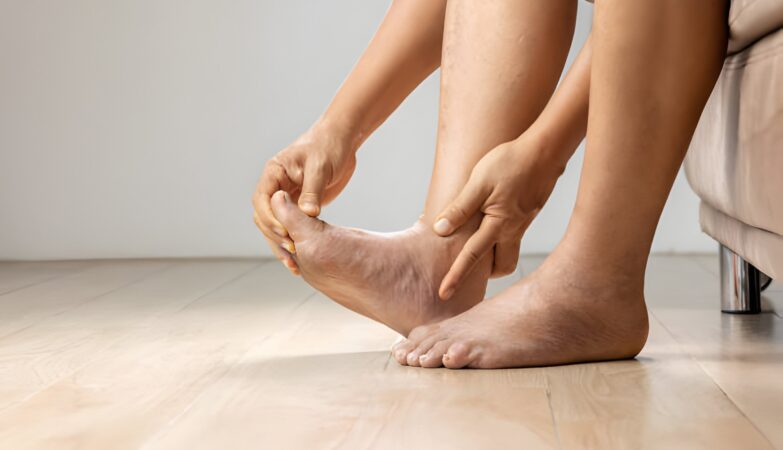Managing Persistent Migraine: Existing and Future Therapies
The management of persistent migraine involves both immediate and prophylactic approaches. A variety of medications and holistic therapies may offer symptom relief.
Persistent migraine is characterized by experiencing migraines on 15 or more days each month over a span of three months. Of these days, at least eight will feature headaches resembling a typical migraine attack.
Migraines in this category can persist anywhere from 4 to 72 hours, causing moderate to intense discomfort. Accompanying symptoms can include nausea or sensitivity to light and noise.
Immediate therapies aim to alleviate migraine symptoms right away, whereas prophylactic treatments aim to preemptively stop migraines from occurring. In addition to immediate and prophylactic strategies, there are supplementary therapies available to manage concurrent health issues.
Immediate Strategies for Persistent Migraine
Immediate treatment involves medication taken as soon as migraine symptoms manifest. These medications may not prevent a migraine, but can provide relief during an episode. Most are most effective when administered at the onset of symptoms.
Frequently prescribed medications for immediate relief include:
Pain relievers such as nonsteroidal anti-inflammatory drugs (NSAIDs)
Dopamine antagonists
Ergot derivatives
Ubrogepant and rimegepant
Triptans, in pill, injection, or nasal spray form
Dihydroergotamine, available as a nasal spray, injection, or intravenous formulation
Recently developed oral medications that target the CGRP pathway associated with migraines have come into use. These include gepants and ditans such as:
ubrogepant (for immediate relief)
rimegepant (also for prophylactic use)
reyvow
zavegepant
Reyvow differs from other medications in this category by targeting serotonin receptors in the brain’s nerve endings, halting migraines as they begin. This medication may cause drowsiness; therefore, driving within 8 hours of use is not recommended.
Emerging migraine therapies might have fewer side effects than triptans and antidepressants. They are also considered safe for those with pre-existing conditions like heart disease, stroke, or vascular issues.
beta-blockers
antiepileptic drugs
antidepressants
onabotulinumtoxinA (via injection)
anti-CGRP monoclonal antibodies
Botox
The full effects of most prophylactic treatments may not be noticeable for 2 to 3 months. Physicians may recommend continuation of the medication for up to a year based on medical history and treatment response. Dosage adjustments are part of this ongoing process.
Supplementary Therapies for Persistent Migraine
Prescribed medications aren’t the sole avenue for alleviating persistent migraine symptoms. Various natural and holistic treatments may also offer relief when used in combination with standard therapies.
Options include:
physical exercise
biofeedback
stress management techniques
cognitive therapy
acupuncture
supplements such as magnesium, CoQ10, butterbur, or feverfew
cyanocobalamin with folate and pyridoxine
Lifestyle adjustments, like adequate sleep, hydration, and caffeine moderation, can also alleviate symptoms.
Antidepressants and Migraines
Migraine sufferers often experience coexisting depression or anxiety disorders. Studies indicate that deteriorating mental health conditions are often linked to an increased likelihood of episodic migraines becoming persistent. Medical professionals need to assess and treat patients for mental health issues alongside migraines.
Some antidepressant medications have proven effective in both treating depression and reducing migraine frequency.
A 2019 review concluded that serotonin-norepinephrine reuptake inhibitors (SNRIs) are effective in treating individuals who suffer from both depression and migraines, though more research is needed to evaluate the efficacy of selective serotonin reuptake inhibitors (SSRIs).
A 2022 review indicated that Botox may offer relief from mild to moderate depression. The mechanisms by which Botox alleviates depression symptoms remain under investigation.







